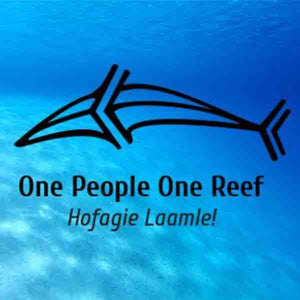
One People One Reef and UFCAP (Ulithi Falalop Community Action Program)
One People One Reef is a collaborative working to combine traditional management with modern science to support sustainable coral reefs and the people who depend on them.
The Problem
Coral reefs around the world are declining at alarming rates, affecting biodiversity, food security and cultural integrity for many who rely on them directly. The reasons for the decline of coral reef ecosystems are varied, but evidence is growing that traditional management practices can play an important role in maintaining their health and even in their recovery. Some island communities, such as in the Micronesian outer islands, are experiencing declines in their fisheries as well as the overall health of the reefs that support them, though there is a lack of data from many of these regions. While the fisheries of the Yap and Chuuk outer islands (FSM) are almost entirely for subsistence purposes, declines in the number and size of targeted fishes have increased dependence on imported and canned foods, leading to health issues. Collaborative fisheries science, field data, applied ecology, management, and education are needed to combat environmental instability and food insecurity. In addition, youth in many of these communities have become less connected to their traditions, making them less able to collaborate in the solutions. It is a critical time to combine traditional management and knowledge, western science, and youth leadership to address resource management, climate change adaptation and cultural integrity.
The Solution
This program will provide support to neighboring island communities to help them build capacity to manage reefs and associated resources through adaptive management plans that are developed by communities, emphasize traditional management, and supported by scientific data. This program will address gaps in local capacity to manage reefs in the face of climate change, and enhance knowledge about the impacts of climate change. The technical assistance team will include One People One Reef scientists, as well as managers and leaders from Ulithi who have successfully implemented management over the past 4 years. Community stakeholders will be the leaders in data collection on landed fish, and our science team will help analyze the data. This work includes a close collaboration with the community, and develops community leaders in management. All data and findings are shared with the community, owned by them, and are for the express interests of the community. We will also address the problem (identified by the communities) of youth engagement with traditional practices, and management in general, by involving them directly in the data collection and interviewing their elders. We will expand a successful youth empowerment program, and integrate management and coral reef biology in the high school program. Finally, we will expand on a youth exchange program that has operated for the past 4 years between US and Ulithi youth. The youth work together to learn techniques, and to share their challenges and visions for the future – with a focus on reef health and community well-being.
Stage of Development
- Early Stage
- Established Prototype
- Scaling
- Other
Organization to Receive Funds
One People One Reef/Ulithi Falalop Community Action Program (John Rulmal Jr and Nicole Crane)




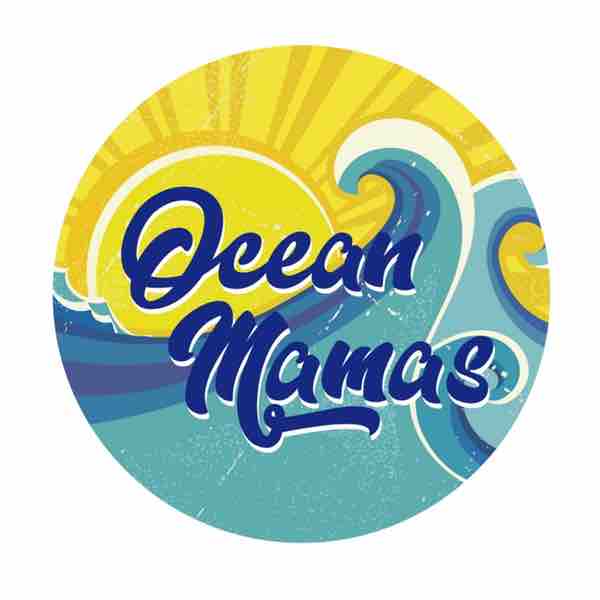
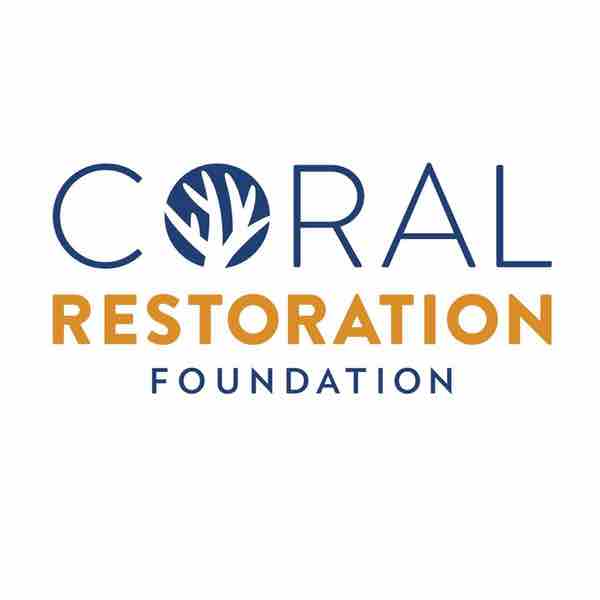
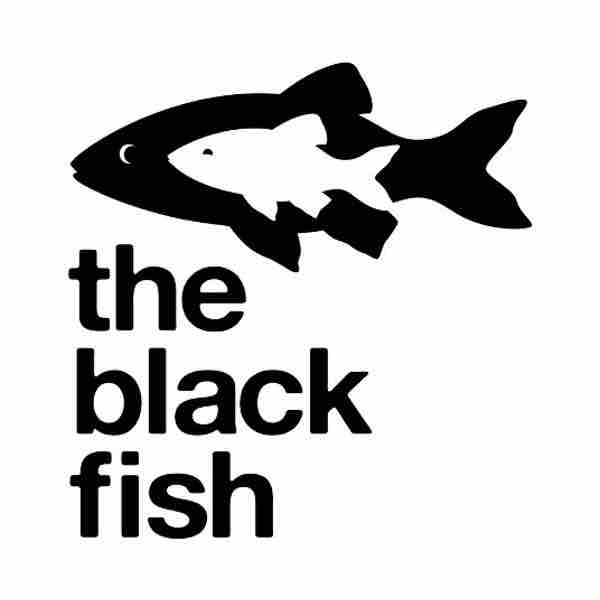
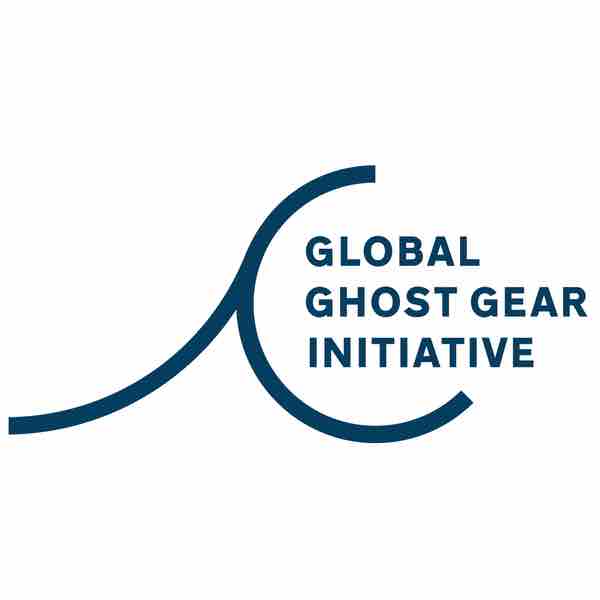
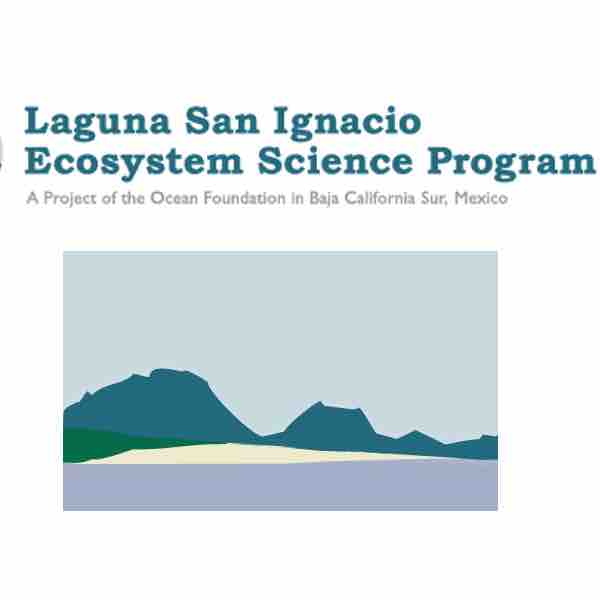
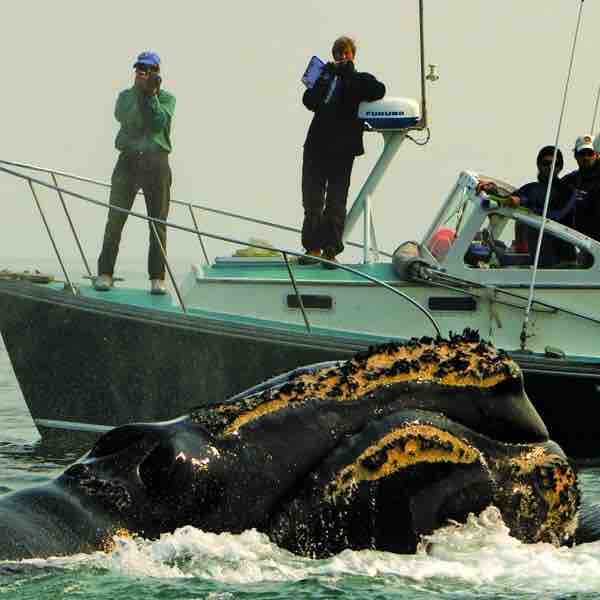
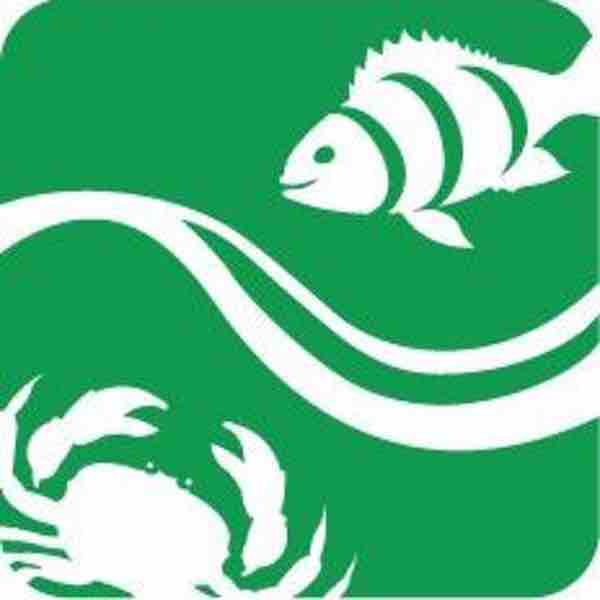
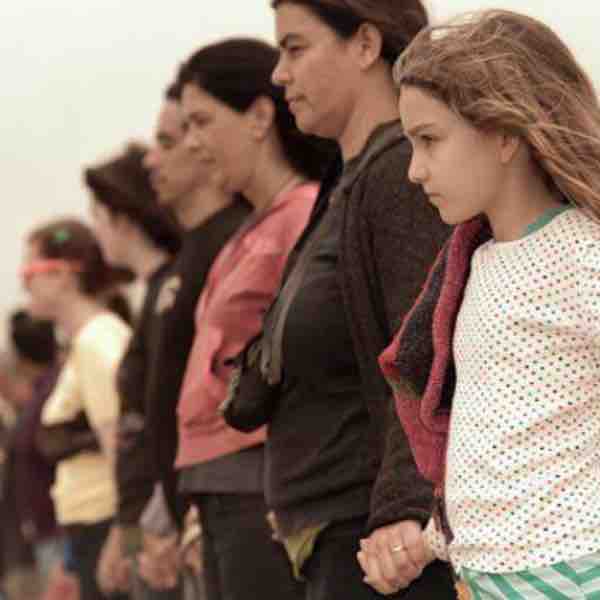
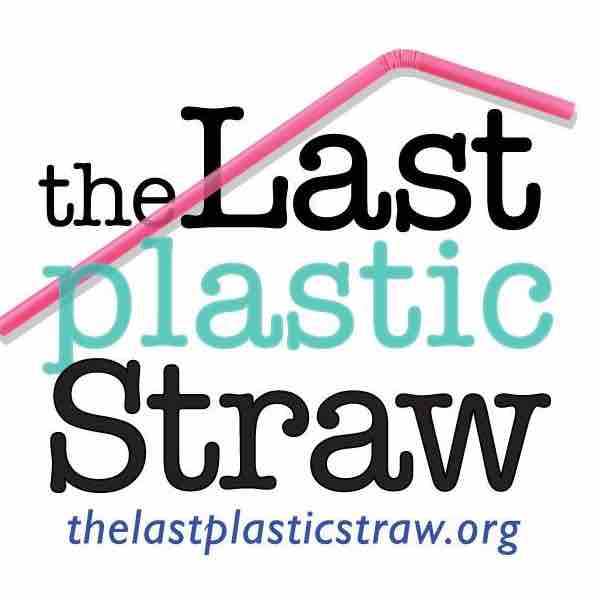
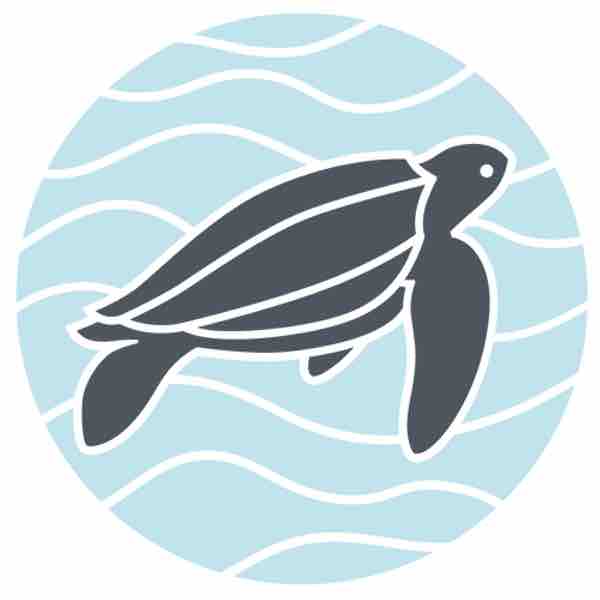

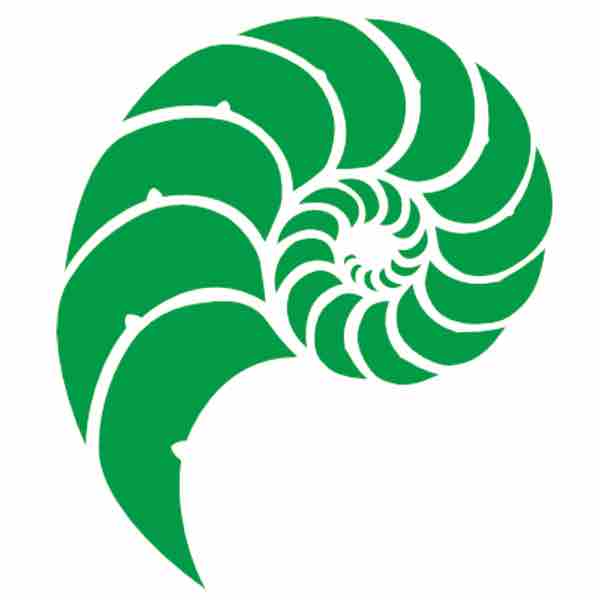
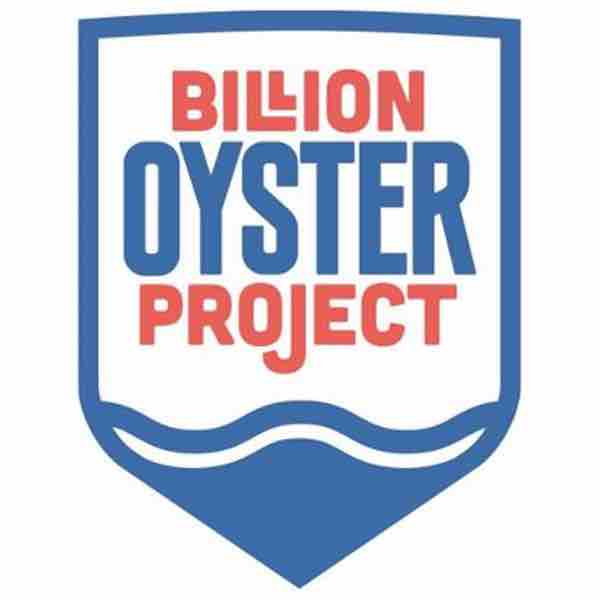
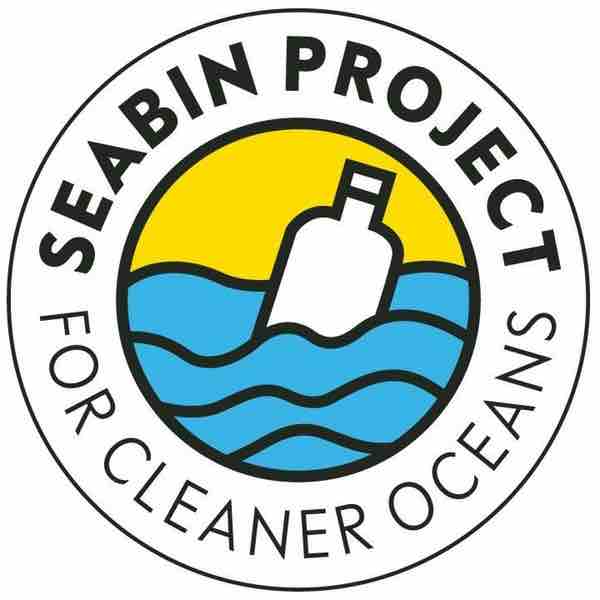
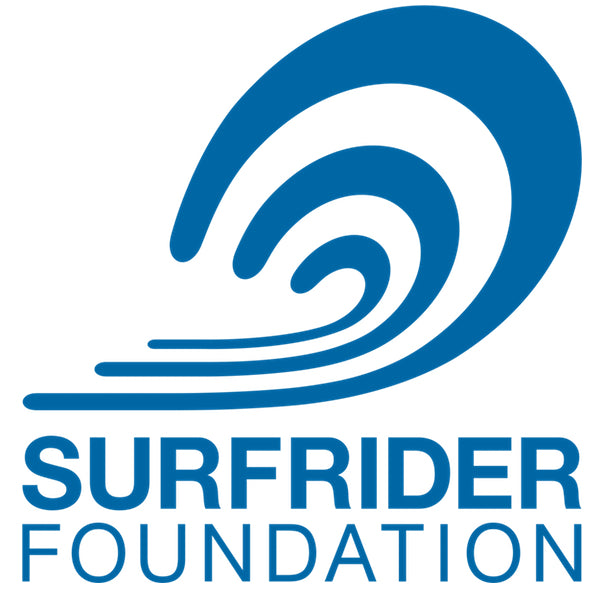
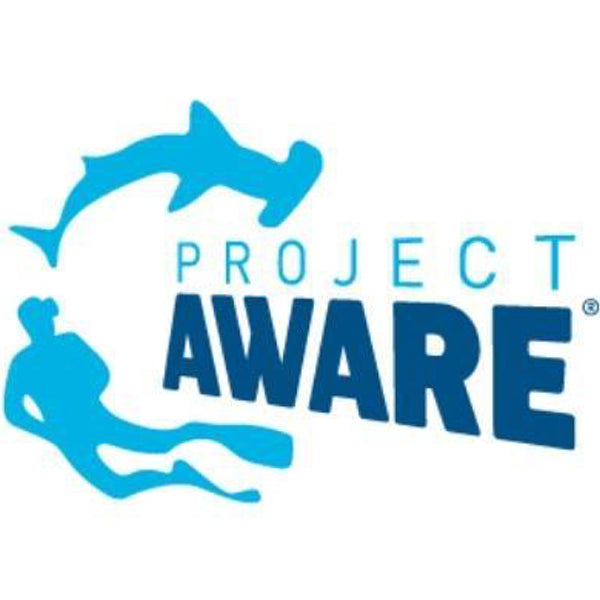
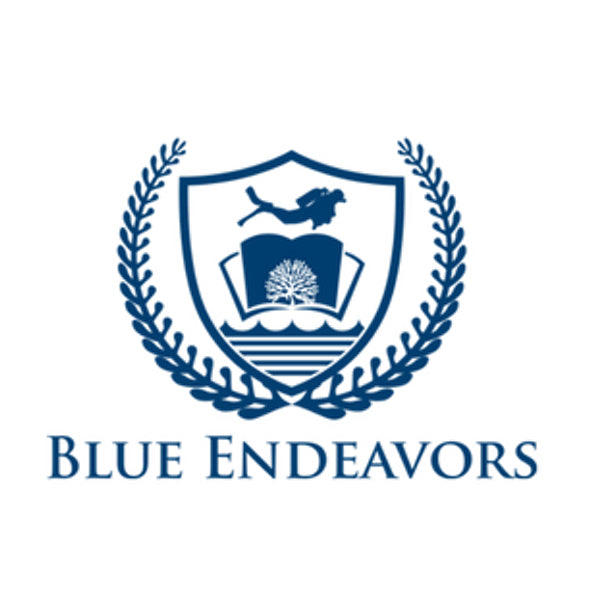
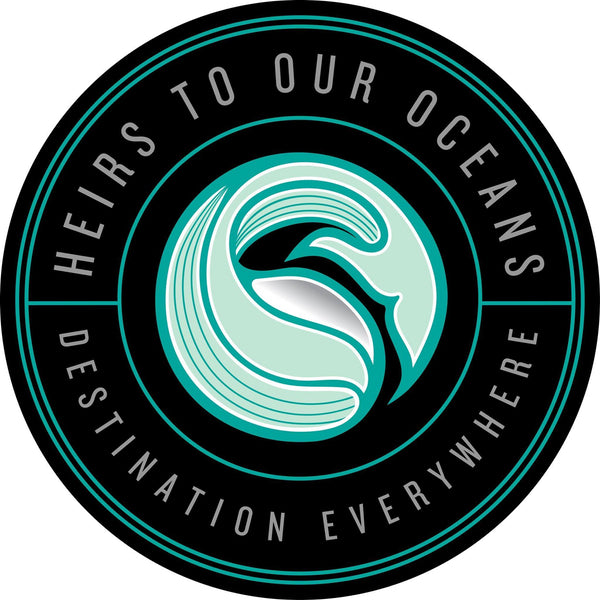
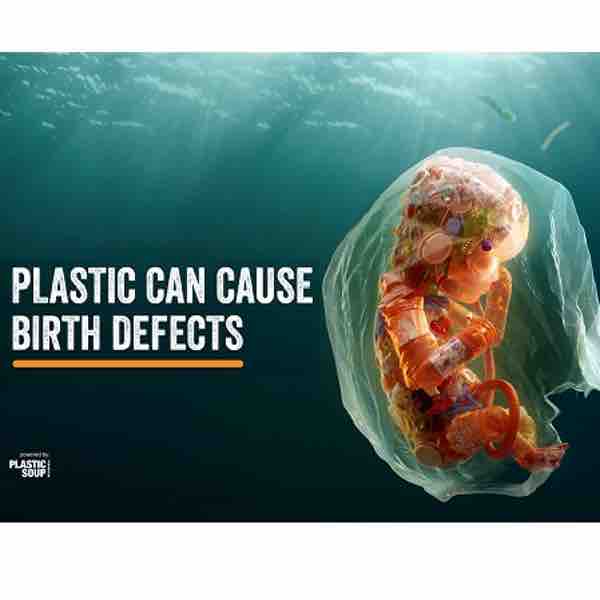
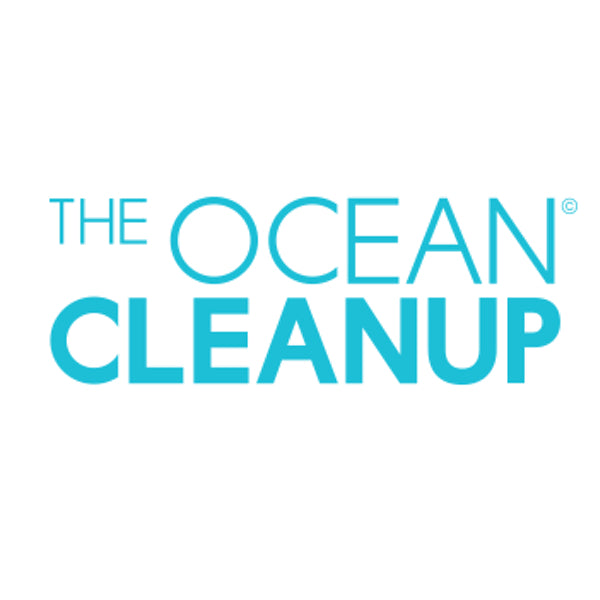
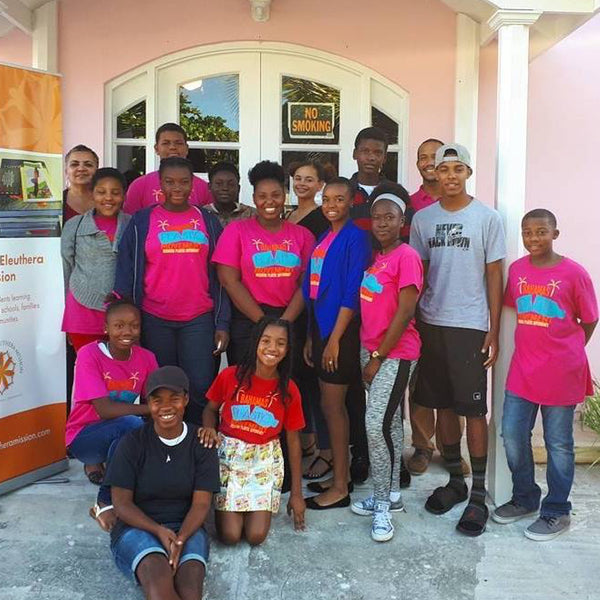
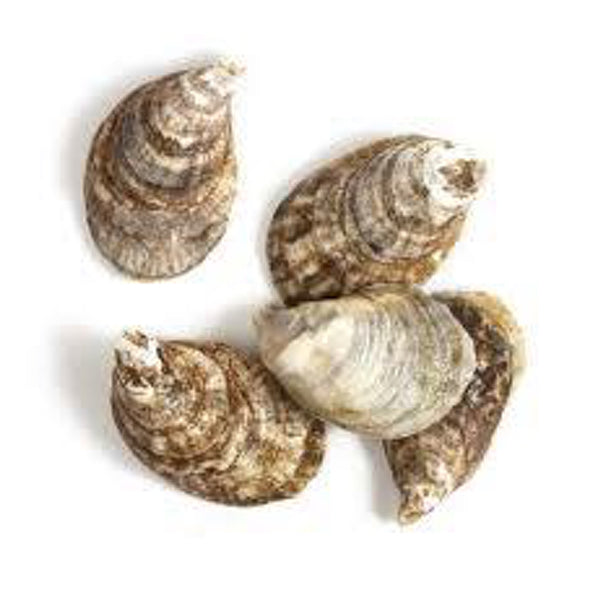
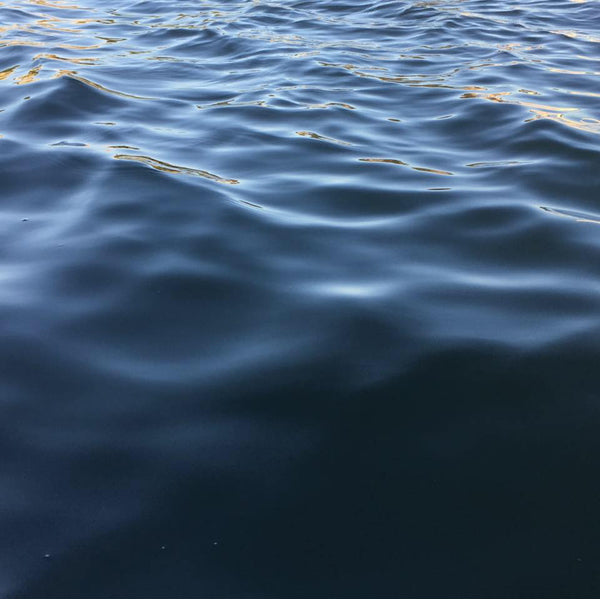
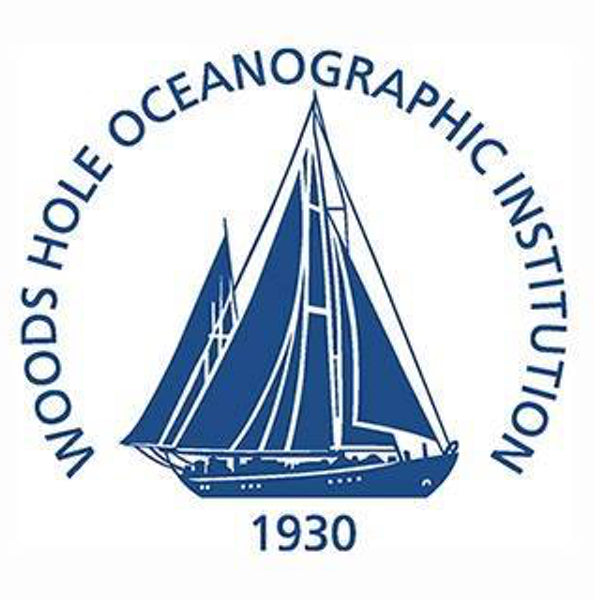
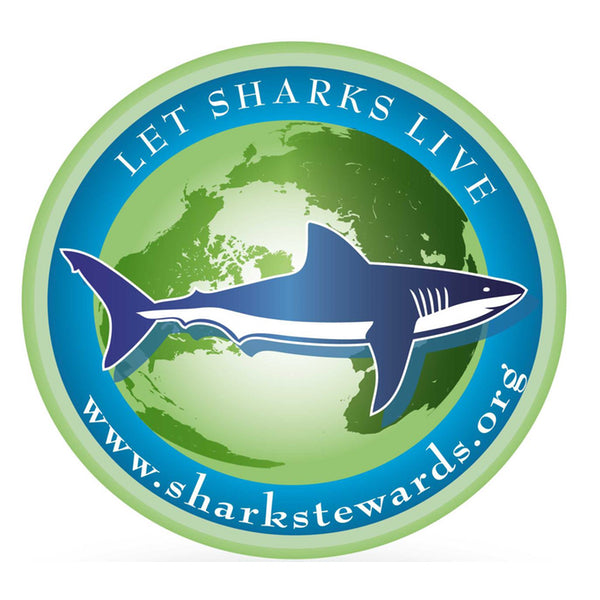
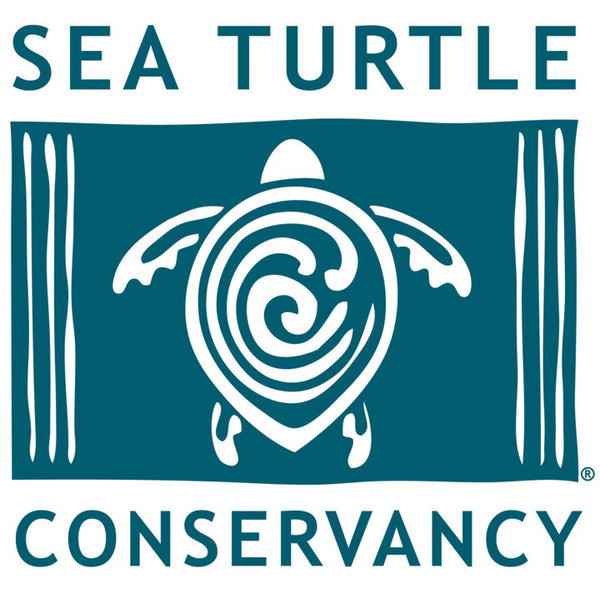
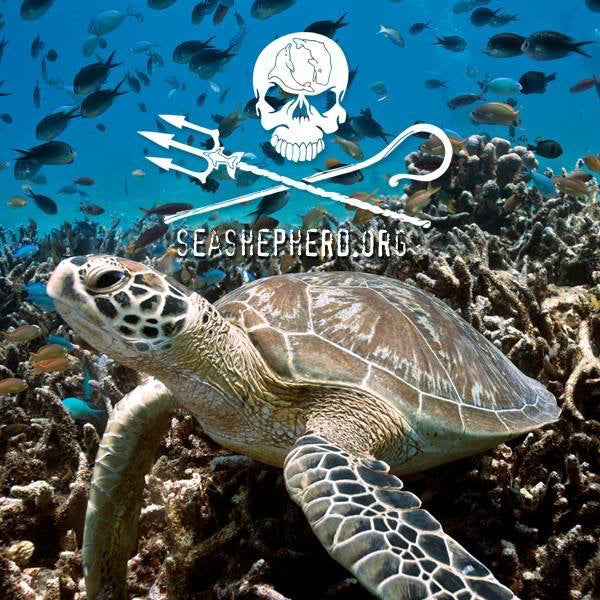
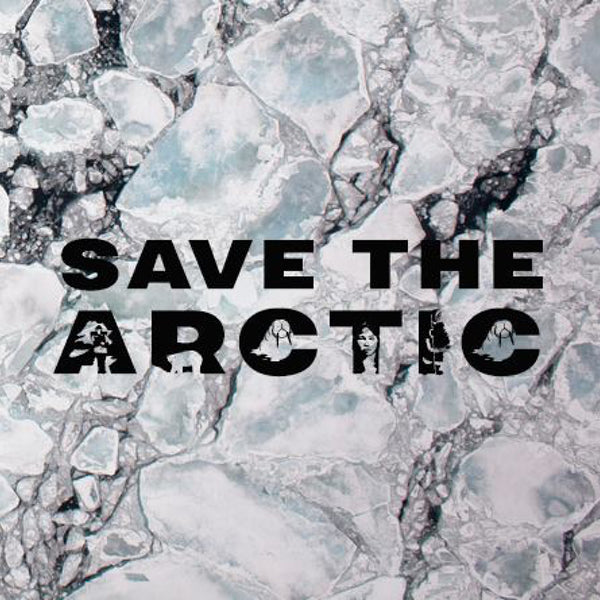
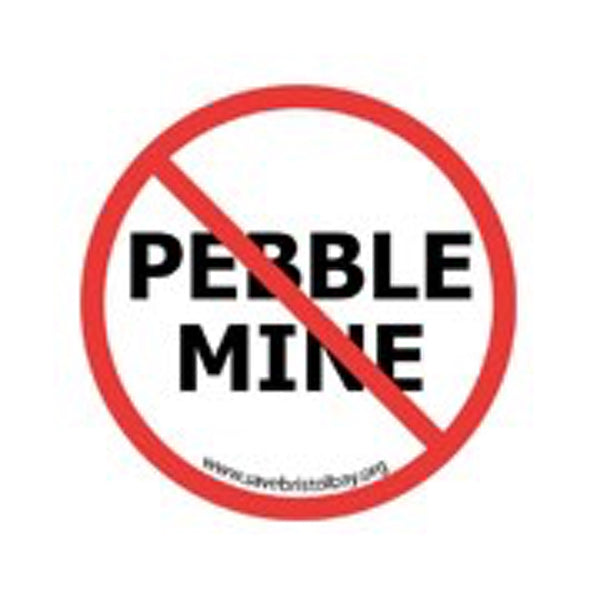
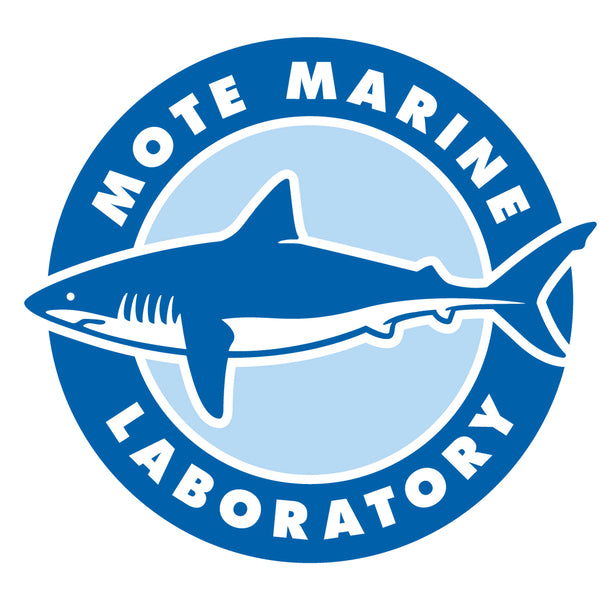
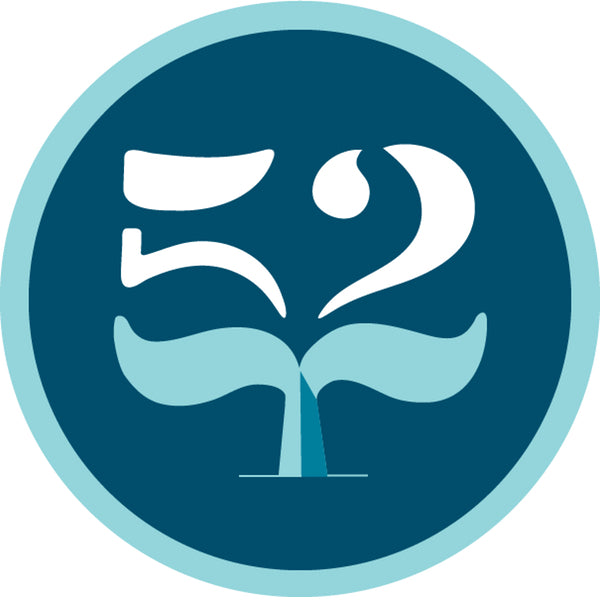
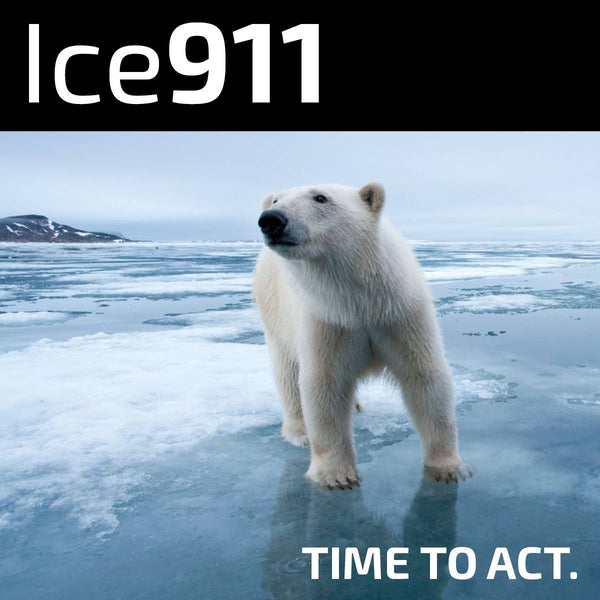
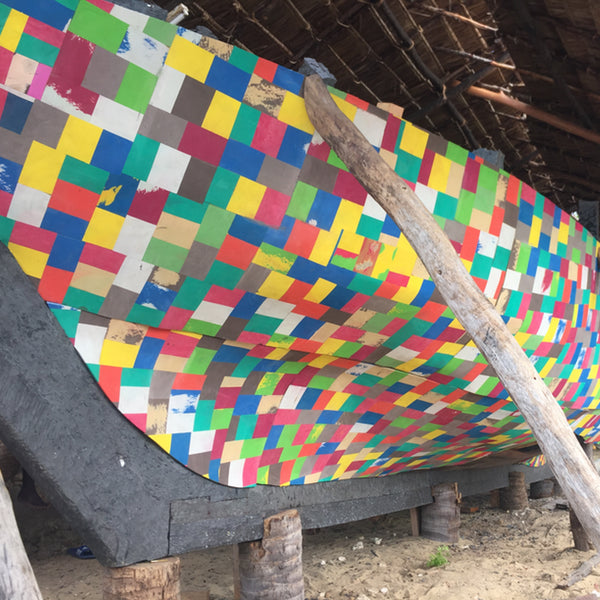
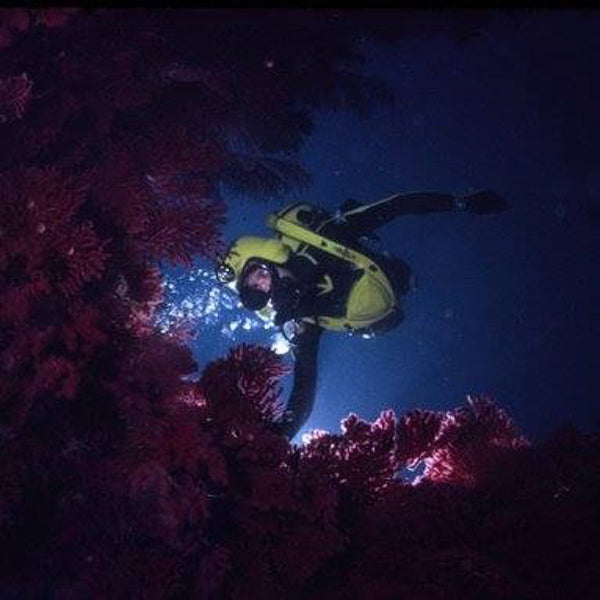
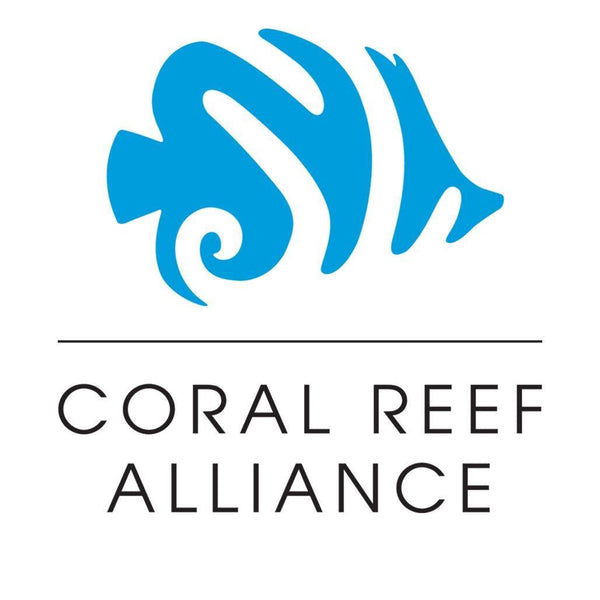
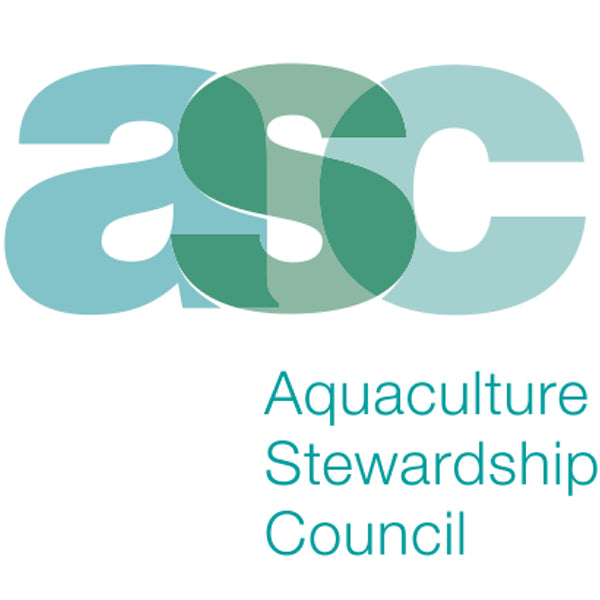
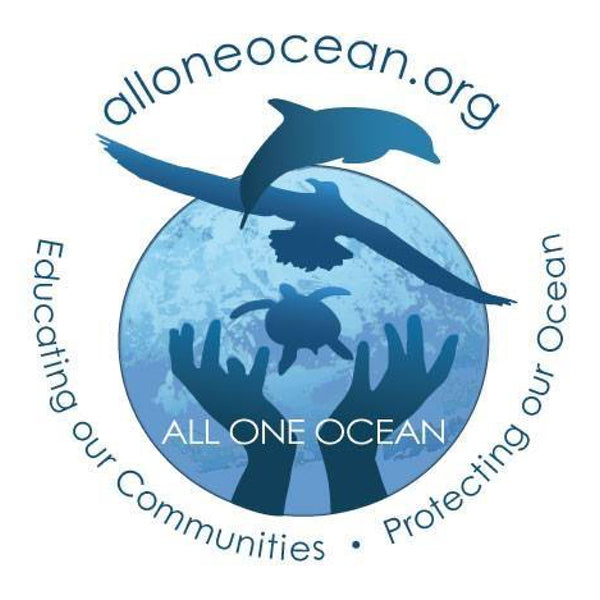
Join The Discussion